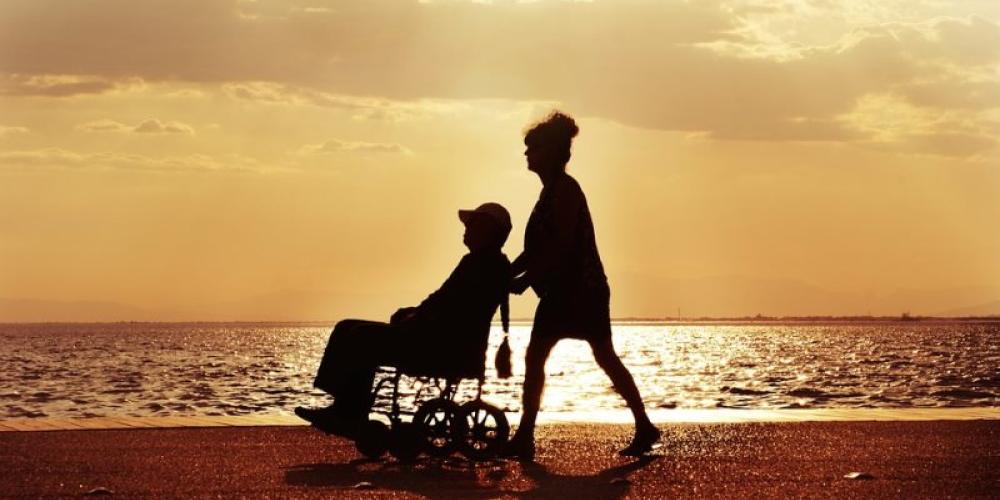
Advanced cancer affects not only patients but also their caregivers, who often face a considerable emotional, physical, and spiritual burden together. Because their experiences are strongly interconnected, dyadic psycho-educational interventions—in which patient and caregiver are supported as a pair—can provide valuable benefits. In an international three-arm randomized study conducted in six European countries, 431 patient-caregiver dyads were assigned to a face-to-face nurse-led intervention (FOCUS+), a web-based variant (iFOCUS), or standard care. The interventions aimed to strengthen coping, reduce uncertainty, improve mutual communication, and increase confidence in dealing with the consequences of advanced cancer (i.e., self-efficacy). FOCUS+ consisted of three sessions (two home visits and one online session with a trained nurse). iFOCUS consisted of four interactive sessions of about one hour, which the patient and caregiver completed together.
After twelve weeks, none of the interventions showed improvements in the emotional functioning of patients or caregivers. However, the face-to-face FOCUS+ intervention demonstrated a clear increase in self-efficacy among patients, along with improvements in their evaluation of dyadic coping and an increase in problem-focused coping among caregivers. Dyadic coping refers to how a patient and caregiver jointly deal with the stress and uncertainty brought on by the illness. It is not only about how each person individually handles difficult moments, but especially about how they support one another when one of them experiences stress. This may involve openly discussing their concerns, trying to understand each other’s worries, or jointly seeking practical solutions to problems created by the illness.
The idea behind dyadic care is that two people together are stronger than one: by sharing experiences, providing each other with emotional support, and developing joint strategies, they can better withstand the challenges of advanced cancer. These effects were entirely absent in the web-based iFOCUS intervention, for which lower treatment adherence was also observed. This raises important questions about the extent to which digital support can have the same impact as human-led psycho-education in a context characterized by vulnerability, uncertainty, and complex shared care needs.
“We saw improvements in self-efficacy and coping for the FOCUS+ intervention, but not in emotional functioning,” summarizes first author Aline De Vleminck. “This highlights how complex it is to influence the emotional resilience of patients and caregivers in the context of advanced cancer. The success of the face-to-face intervention underscores the importance of personal, relationship-based support, while the limited effects of the web-based variant indicate the need for further refinement and better-tailored digital solutions.”
The findings suggest that nurse-led face-to-face psycho-education remains potentially valuable within European oncological care for advanced cancer, while the development and implementation of digital dyadic interventions require further optimization.
More info:
Aline De Vleminck
Researcher at End-of-life Care Research Group, Vrije Universiteit Brussel (VUB) & Ghent University (UGent)
Aline.De.Vleminck@vub.be